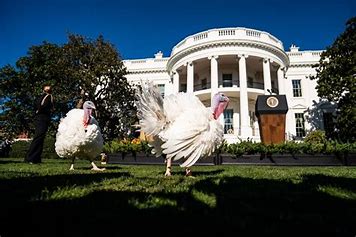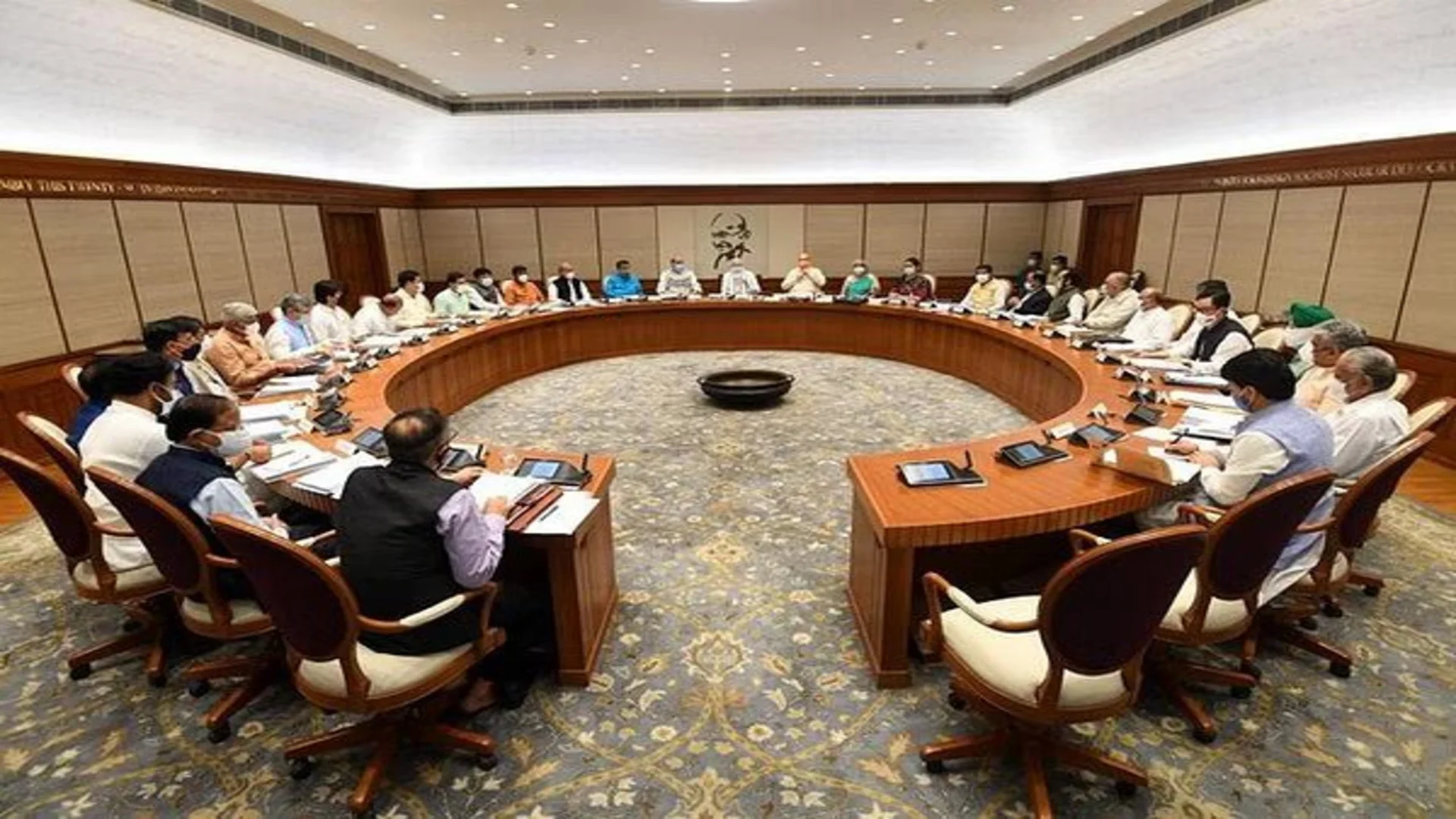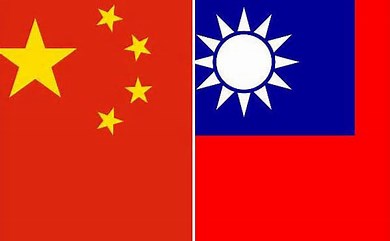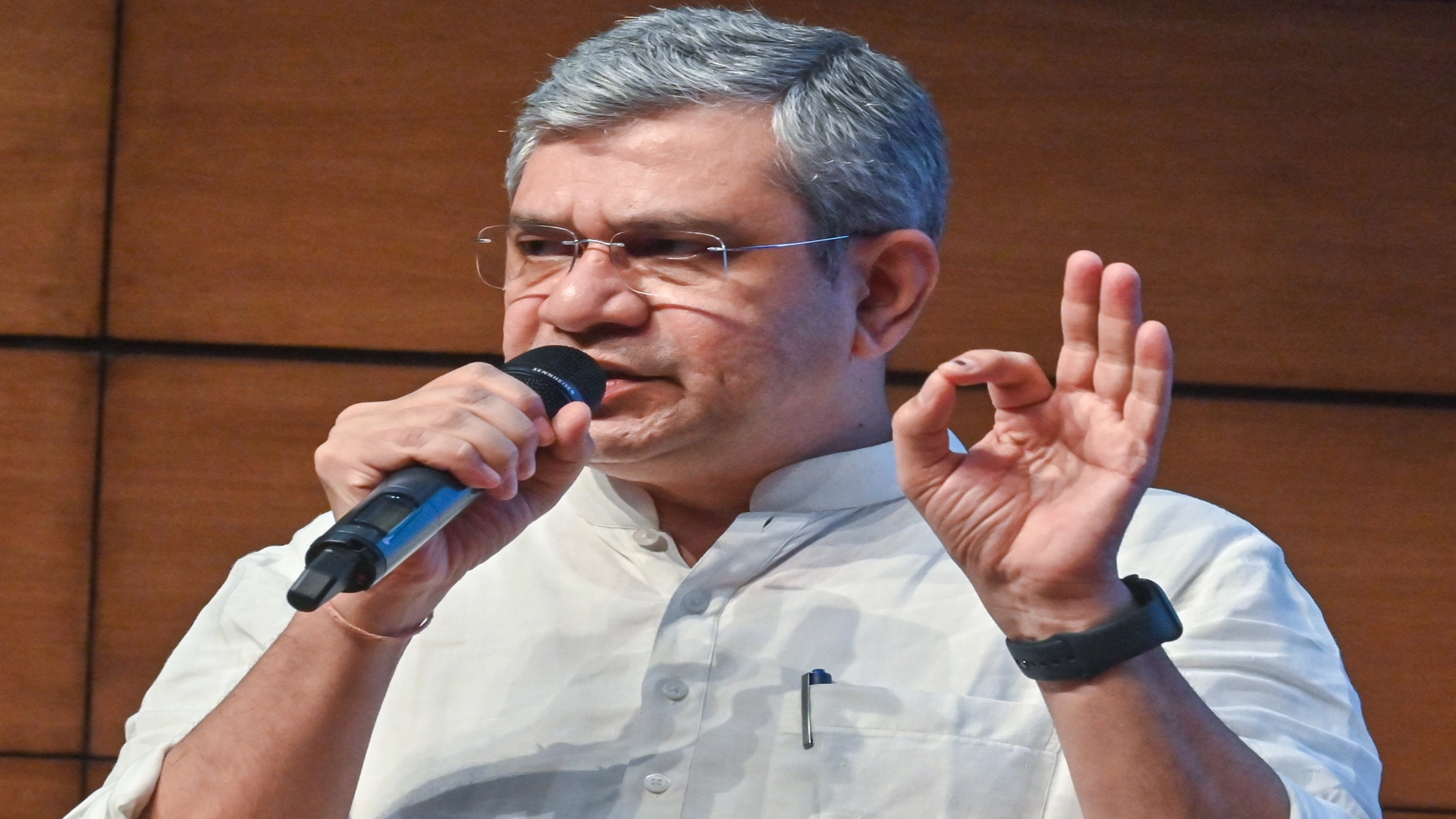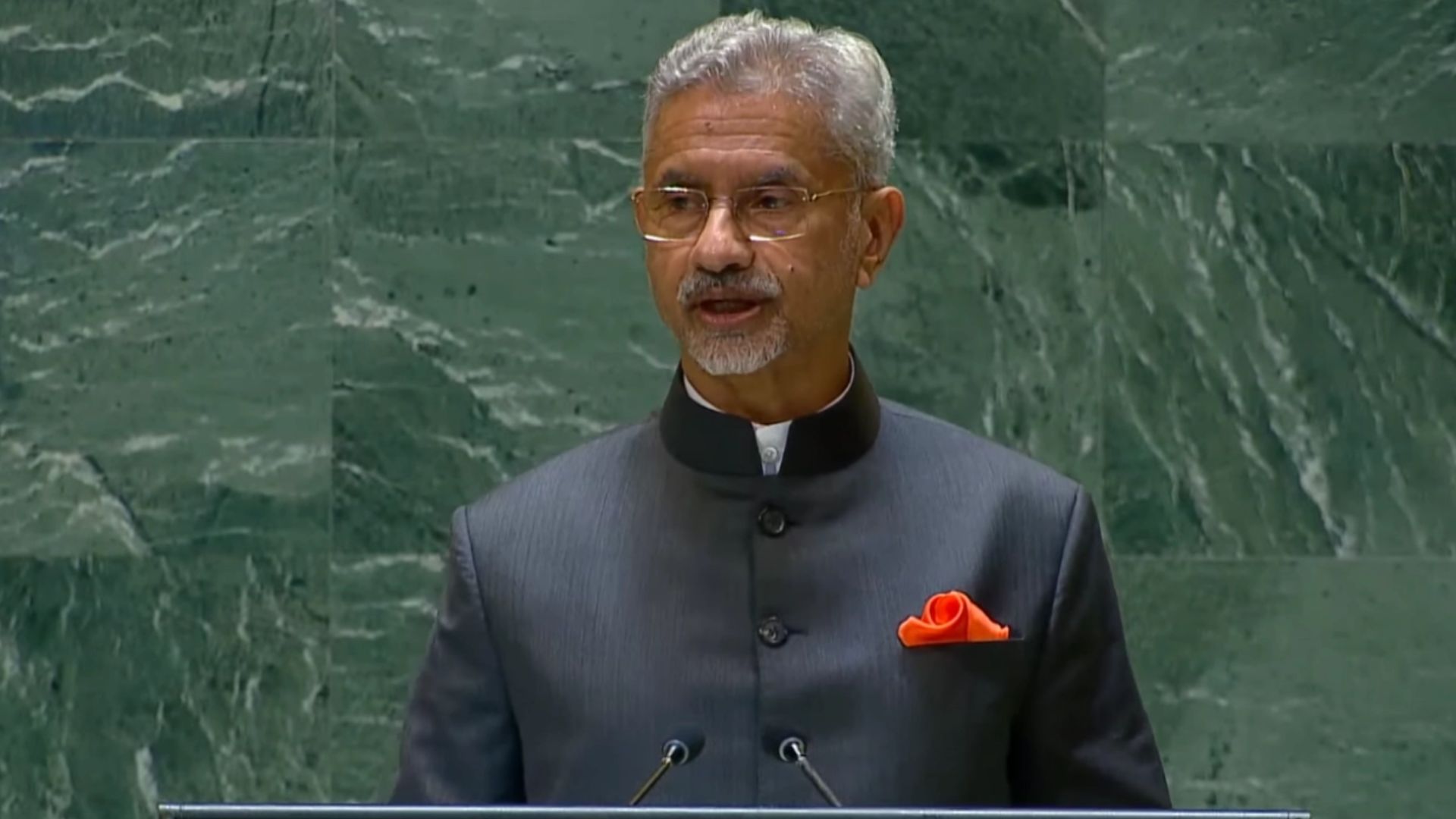
In a strong message during his UN General Assembly address, External Affairs Minister S. Jaishankar made it clear that India will respond decisively to Pakistan’s actions, which are not limited to military measures. His statement comes in the wake of India’s request to modify the 1960 Indus Water Treaty due to ongoing cross-border terrorism in Jammu and Kashmir, which has hindered India’s full utilization of its water rights. Pakistan has yet to respond to the notice served by India on August 30, 2024.
The context of Jaishankar’s remarks is significant, as they were delivered on the eve of the Indian Army’s 2016 surgical strikes in Pakistan-occupied Kashmir. The Minister emphasized that every action by Pakistan would have a corresponding reaction from India, illustrating the government’s firm stance.
Pakistan Prime Minister Shehbaz Sharif faced a strong rebuttal from Jaishankar after Islamabad attempted to use multilateral platforms to escalate its stance against India. Pakistani UN envoy Munir Akram, known for his anti-India rhetoric, has been aggressively pushing Pakistan’s narrative. Sharif had tried to link the Kashmir issue with Gaza, a move which Jaishankar effectively countered by first having a junior diplomat dismantle this narrative, followed by his own direct address. He accused Pakistan of measuring its GDP in terms of religious radicalization and reaffirmed India’s position to reclaim Pakistan-occupied Kashmir and dismantle the terror network supported by Islamabad.
Jaishankar’s speech also highlighted the Modi government’s clarity on Pakistan’s tactics, making it clear that every aggressive move by Islamabad will be met with a strong response. Over the years, despite calling for dialogue, Pakistani leaders have maintained their hardline positions against India, irrespective of the ruling party. Going forward, India’s response to Pakistan’s provocations will be assertive and impactful, rather than just a diplomatic reaction at multilateral forums.
Jaishankar also pointed out Pakistan’s role in the protests over the killing of Hezbollah terrorist Hassan Nasrallah by Israel in Kashmir, reiterating that the end of cross-border terrorism is a prerequisite for any dialogue between the two nations. He concluded his speech by saying it was ‘Karma’ that has reduced Pakistan to a struggling state, signaling that India is not willing to tolerate Pakistan’s duplicity any longer.
His remarks, following the Indian diplomat’s sharp rebuttal to Sharif’s speech, show that the Modi government has no illusions about Pakistan, a nation whose existence, Jaishankar argued, is largely defined by its hostility towards India and its people.


